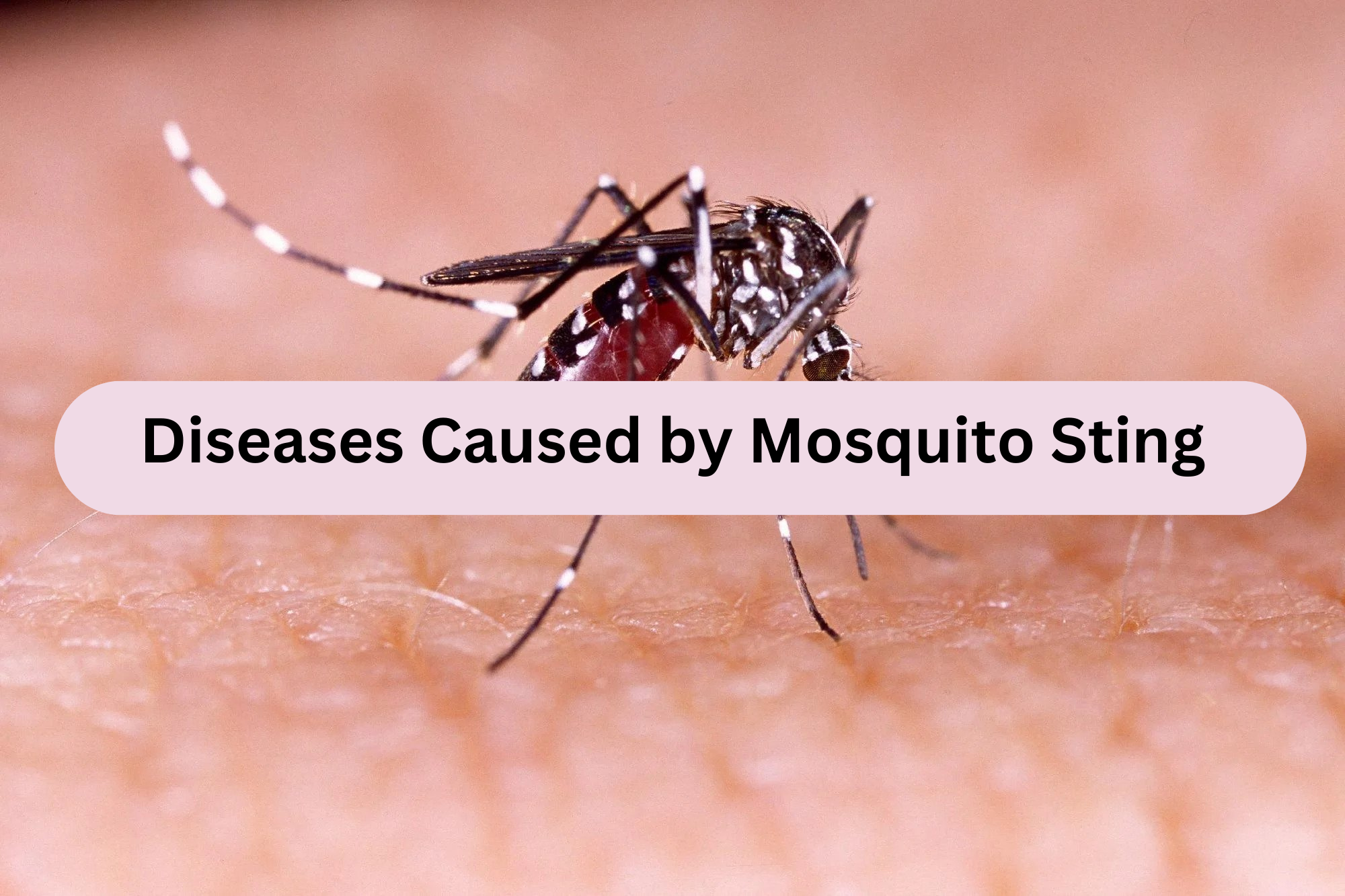
Mosquitoes are one of the most common insects in the world, and unfortunately, they can also be carriers of several dangerous diseases. These diseases are often transmitted through the mosquito's bite, which can be both painful and irritating. While many people consider mosquito bites to be a mere annoyance, they can actually pose a serious health risk, particularly in areas where mosquito-borne illnesses are prevalent. Mosquitoes are one of the most common insects in the world, and unfortunately, they can also be carriers of several dangerous diseases. These diseases are often transmitted through the mosquito's bite, which can be both painful and irritating. While many people consider mosquito bites to be a mere annoyance, they can actually pose a serious health risk, particularly in areas where mosquito-borne illnesses are prevalent.
Thankfully, there are several steps that can be taken to reduce the risk of contracting mosquito-borne diseases. Using mosquito repellent spray is one effective method of preventing bites, as it can help to deter mosquitoes and make it less likely that they will bite you. However, it's also important to understand the potential health consequences of mosquito bites, as well as the most common diseases that they can transmit. In this article, we'll explore five of the most dangerous diseases that can be caused by mosquito stings, and provide tips for protecting yourself against these illnesses.
Zika Virus
The Zika virus is a mosquito-borne illness that is primarily spread by the Aedes mosquito, although it can also be transmitted through sexual contact or from mother to foetus during pregnancy. The virus was first identified in the Zika forest of Uganda in 1947, but it did not become a major public health concern until a large outbreak occurred in Brazil in 2015.
Symptoms of Zika virus infection are usually mild, and may include fever, rash, joint pain, and red eyes. However, the virus can cause serious complications in pregnant women, including birth defects such as microcephaly and other neurological disorders. It has also been linked to Guillain-Barre syndrome, a rare autoimmune disorder that can cause muscle weakness and paralysis.
There is currently no vaccine or specific treatment for Zika virus infection, so prevention is key. This includes using mosquito repellent spray, wearing long-sleeved clothing, and using mosquito nets and screens to protect against bites. Travelers to areas where Zika virus is prevalent should take extra precautions to avoid mosquito bites, and pregnant women should consult with their healthcare provider before traveling to these areas.
West Nile Virus
The West Nile virus is another mosquito-borne illness that is prevalent in many parts of the world, including North America, Europe, and the Middle East. The virus is primarily spread by infected mosquitoes that have fed on birds that carry the virus, and it can also be transmitted through blood transfusions, organ transplants, and from mother to fetus during pregnancy.
Most people who are infected with the West Nile virus will not experience any symptoms, but some may develop fever, headache, body aches, joint pain, vomiting, diarrhea, or a rash. In rare cases, the virus can cause severe neurological disease, including encephalitis (inflammation of the brain) or meningitis (inflammation of the lining of the brain and spinal cord).
There is no specific treatment for West Nile virus infection, so prevention is critical. This includes using mosquito repellent spray, wearing long-sleeved clothing and pants, and removing standing water from around your home to prevent mosquito breeding. It's also important to avoid outdoor activities during times when mosquitoes are most active, such as dawn and dusk, and to use mosquito netting if sleeping outdoors.
Dengue Fever
Dengue fever is a viral illness that is transmitted by the Aedes mosquito, which is prevalent in tropical and subtropical regions around the world. The virus can cause a range of symptoms, from mild to severe, and can sometimes lead to a life-threatening complication known as dengue haemorrhagic fever.
Symptoms of dengue fever typically appear within a week of being bitten by an infected mosquito and may include high fever, severe headache, joint and muscle pain, rash, and mild bleeding (such as nosebleeds or bleeding gums). While most cases of dengue fever are relatively mild and resolve on their own within a week or two, some people may develop severe complications, such as dengue haemorrhagic fever, which can cause severe bleeding, shock, and organ failure.
There is no specific treatment for dengue fever, so prevention is key. This includes using mosquito repellent spray, wearing long-sleeved clothing and pants, and using mosquito nets to protect against bites. It's also important to eliminate standing water around your home to prevent mosquito breeding, and to seek medical attention immediately if you develop symptoms of dengue fever or if you have recently travelled to a high-risk area and think you may have been exposed to the virus.
Malaria
Malaria is a serious and sometimes fatal disease that is transmitted by the Anopheles mosquito. The disease is caused by a parasite that is carried by infected mosquitoes, and it can cause a range of symptoms, from mild to severe.
Symptoms of malaria typically appear within a few weeks of being bitten by an infected mosquito and may include fever, chills, headache, muscle aches, fatigue, nausea, and vomiting. In severe cases, malaria can cause organ failure, seizures, and coma, and it can be life-threatening, particularly in young children and pregnant women.
Treatment for malaria typically involves antimalarial medications, but prevention is also important. This includes using mosquito repellent spray, wearing long-sleeved clothing and pants, and using mosquito nets to protect against bites. It's also important to take antimalarial medications if you are traveling to an area where malaria is prevalent, and to seek medical attention immediately if you develop symptoms of malaria.
Chikungunya
Chikungunya is a viral illness that is transmitted by the Aedes mosquito, the same mosquito that spreads dengue fever and Zika virus. The disease is most commonly found in Africa, Asia, and the Indian subcontinent, but it has also been reported in parts of Europe and the Americas.
Symptoms of chikungunya typically appear within a few days to a week of being bitten by an infected mosquito and may include fever, joint pain, muscle aches, headache, fatigue, rash, and nausea. While most people recover fully from chikungunya within a few weeks, some may develop chronic joint pain that can last for months or even years.
There is no specific treatment for chikungunya, so prevention is key. This includes using mosquito repellent spray, wearing long-sleeved clothing and pants, and using mosquito nets to protect against bites. It's also important to eliminate standing water around your home to prevent mosquito breeding and to seek medical attention if you develop symptoms of chikungunya after traveling to an area where the disease is prevalent.



